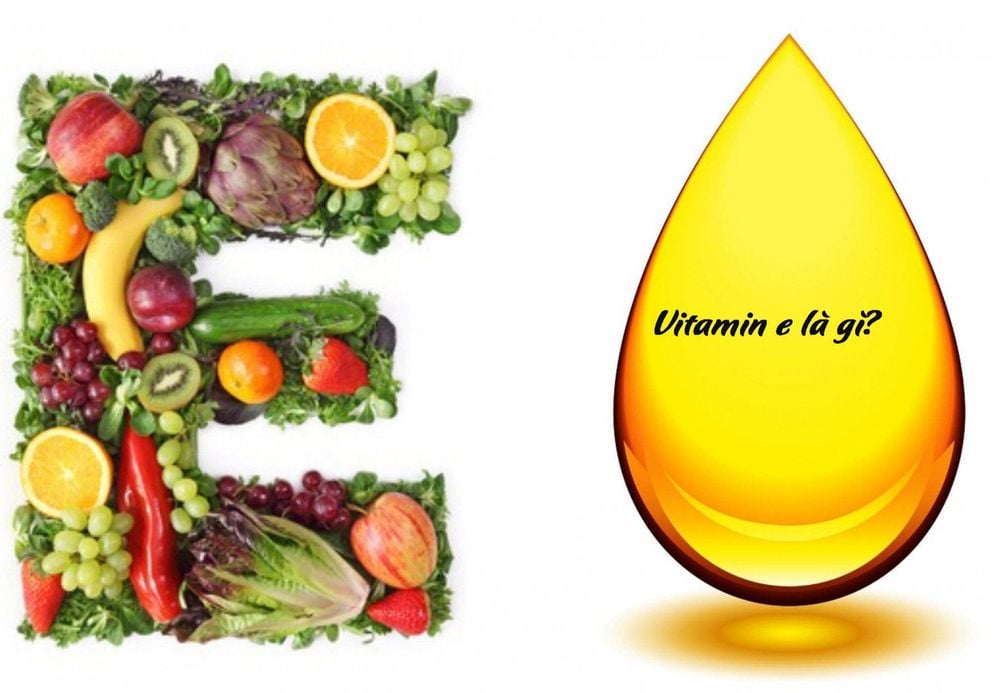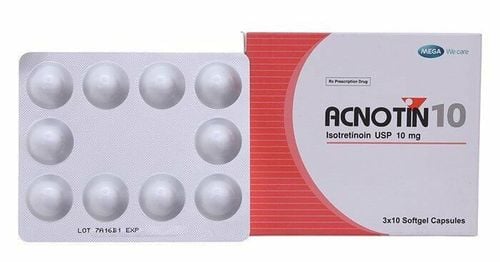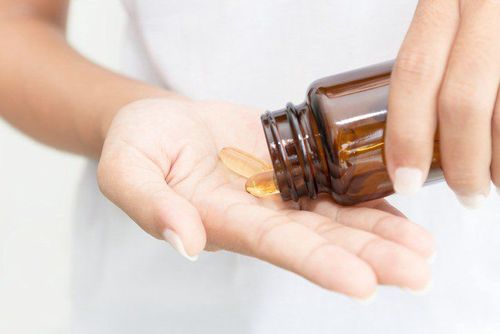Vitamins are essential dietary supplements, used to enhance one's physical wellbeing..However, the effects of vitamins can be influenced by specific timing and methods of consumption. The absorption of vitamins may vary depending on the time of day they are taken.
1. When is the best time to take Vitamin C?
Vitamin C (a water-soluble vitamin) is essential for the body as it plays a vital role in various functions, including boosting immunity, antioxidant protection, and vascular health. However, the body cannot produce Vitamin C naturally, so it must be replenished daily through diet (foods and drinks) to meet the body's requirements. If dietary intake is insufficient, supplementation via functional foods or medications may be necessary.
For optimal absorption, it's best to take Vitamin C with meals, since Vitamin C remains in the bloodstream for only a few hours, thus it’s better to divide the daily dose and take it during multiple mealtimes rather than all at once. However for those with sensitive stomachs, taking Vitamin C after meals is often recommended. Additionally, avoid taking Vitamin C late at night as it can be stimulating and may disrupt sleep.
2. When is the best time to take Vitamin A?

For Vitamin A, it is best to take it during meals, as the fats in the meal help dissolve and promote maximum absorption of this vitamin.
The body requires only a small amount of fat-soluble vitamins, including Vitamin A, to maintain daily functions. Excessive consumption can lead to toxicity and adverse effects.
Vitamin A is not lost during the cooking process, so you can meet your body’s demands by consuming foods rich in this vitamin without resorting to supplements, which may lead to harmful excesses.
3. When is the best time to take Vitamin E?

At different ages, the body requires varying amounts of Vitamin E for proper metabolic processes. Experts recommend starting Vitamin E supplementation at 25–30 years of age (or earlier, depending on individual needs), as this is when cellular aging, particularly in the skin, begins.
Vitamin E acts as an antioxidant, protecting cells from free radical damage and playing a critical role in various metabolic functions.
Since Vitamin E is fat-soluble and stored in body tissues such as the liver and fat, it is best absorbed 30 minutes after breakfast or with meals containing fats such as milk, nuts, butter, or yogurt. It is recommended that Vitamin E should not be taken on an overly full or empty stomach.
Apart from the timing, the methods of administering Vitamin E is also important for overall effectiveness
Women may consider taking Vitamin E supplements after the age of 30, but it’s recommended to use them intermittently for only 1–2 months at a time, followed by a break before resuming. Prolonged use of Vitamin E supplements can cause health detriments, and high doses have been linked to an increased risk of lung cancer. Furthermore, injectable Vitamin E at high doses can even be fatal.
Vitamin E supplementation is mainly for individuals with dry skin or a diet deficient in Vitamin E. For those with conditions like diabetes, hypertension, dyslipidemia, liver disease, kidney failure, cancer, allergies, chronic inflammation, or autoimmune diseases, daily supplementation may be beneficial but should not exceed 400 IU (international units) per day and should be taken intermittently (1–2 months with breaks). For healthy individuals, it’s best to obtain Vitamin E through food.
While vitamins are essential for health, there is limited independent research evidence to suggest that these supplements significantly improve human health. Excessive doses, particularly of fat-soluble vitamins, may pose health risks. Before using any vitamin supplementation, you should consult a doctor to ensure safety and efficacy.
Please dial HOTLINE for more information or register for an appointment HERE. Download MyVinmec app to make appointments faster and to manage your bookings easily.
















